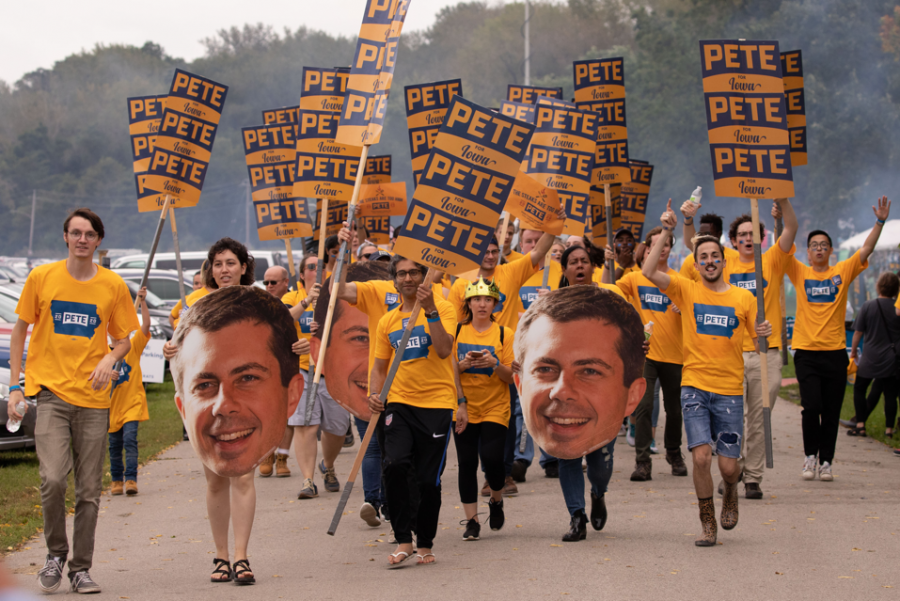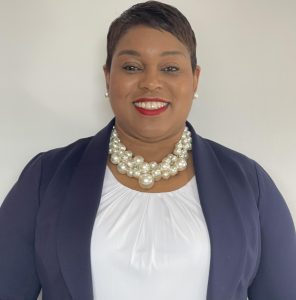President Pete? Buttiegieg Leads in Iowa, but National Appeal Still Low
December 18, 2019
Pete Buttigieg. You may have first heard of him as the guy whose last name you couldn’t pronounce, but now he’s the Democratic presidential candidate surging to number one in the Iowa Caucus Polls. Since Buttigieg launched his campaign last April, media coverage of him and his campaign have sky-rocketed. As someone who started at the bottom, the small-town mayor commonly known as “Mayor Pete” appears to be making a big impact in the first stages of the road to becoming the Democratic nominee.
Buttigieg was born and raised in South Bend, Indiana, a place better known as the home to the University of Notre Dame. In 2004 he graduated from Harvard University, and shortly after was named a Rhodes Scholar, becoming one of a select few who study at prestigious Oxford University. Following his education, he worked at a distinguished private consulting firm before jumping into politics and being elected mayor of South Bend in 2011 at the age of 29. During his first term as mayor, he took seven months of unpaid leave to deploy to Afghanistan where he served as a lieutenant in the navy.
Clearly not one to rest on his laurels, Buttigieg, on April 14, officially announced his campaign and threw his hat into the crowded ring of Democratic hopefuls.
Buttigieg began his run for president as a relative unknown, especially next to names like Senators Elizabeth Warren and Bernie Sanders and Vice-President Joe Biden. He is also the first openly gay man to run for president. Since his April announcement, his polling numbers have steadily increased as he made his presence known on the debate stages and the campaign trail. He likes to tell people that if he became president, he’d be the “first Maltese American, left handed, episcopalian, gay war veteran, mayor, millenial” president.
So what has made him so popular in critical first primary states like Iowa and New Hampshire? The short answer is his moderate platform. On one of the key issues of the election, health care, Buttigieg wants to establish a Medicare for all plan, but, as his campaign page expresses, only for “all who want it.” This approach is considered too moderate as it falls into the place between abolishing the private health care sector, which is what progressives like Bernie Sanders want, and not having government-funded health care at all, which is a Republican or conservative standpoint.
Another key issue, gun control, is one Buttigieg feels he can especially connect with young people on. He was a part of the first generation to ever experience school shootings, as he was in high school in Indiana when the Columbine shooting took place. Buttigieg’s plan for gun control includes creating universal background checks and banning assault weapons and high-capacity magazines. However, he also understands the important balance of not violating the Second Amendment, which is a key point for gun rights advocates.
Even though his campaign is enjoying its first place polling in Iowa, Buttigieg still has a long way to go. National polls place him in fourth place behind Biden, Sanders, and Warren. While the media has turned more of its focus toward Buttigieg, not all of the attention is good. Paint Branch AP Government teacher Ms. Hall has theorized that one reason why Buttigieg shot up in the polls is because of negative attention on Warren.
No matter where you stand on Buttigieg’s candidacy, it is hard to deny the somewhat meteoric rise of the young mayor.














































